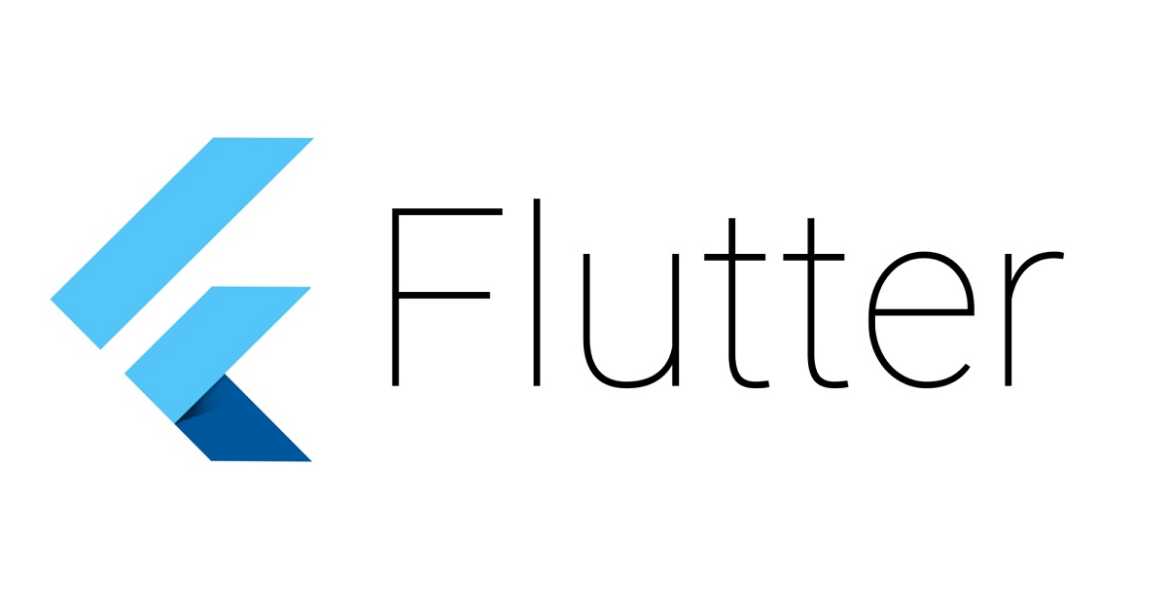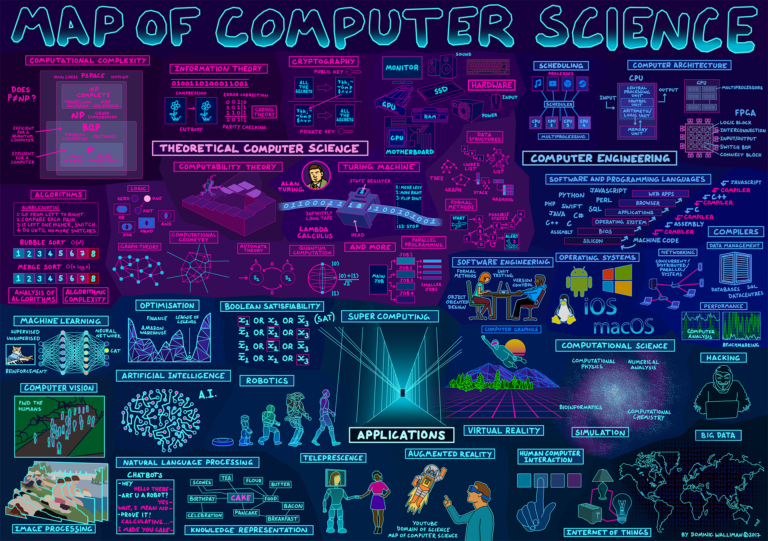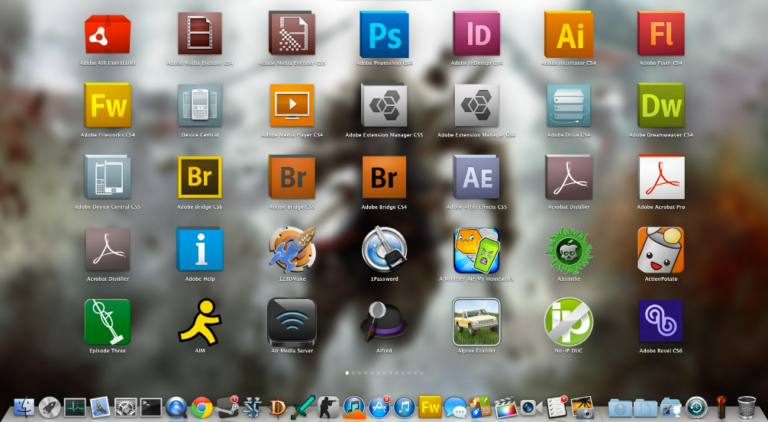1. Platform Support: Native development can provide more platform-specific features and better integration with the operating system. Flutter, on the other hand, supports multiple platforms (iOS, Android, Web, and Desktop) with a single codebase.
2. Development Time: Flutter can speed up development time due to its “hot reload” feature, which allows developers to see changes in the app in real-time. Native development can take more time due to the need to create platform-specific code.
3. Learning Curve: Flutter has a relatively low learning curve compared to native development, which requires knowledge of platform-specific programming languages and frameworks.
4. Development Costs: Flutter can be a cost-effective solution, as it requires only one codebase for multiple platforms. Native development, on the other hand, can be more expensive due to the need for separate development teams for each platform.
5. Performance: Native apps can offer better performance due to their platform-specific optimizations. However, Flutter has been optimized to deliver comparable performance.
6. User Interface: Flutter offers a customizable and flexible user interface, while native development requires a separate interface for each platform.
7. API Integration: Native development can provide better integration with the device’s hardware and operating system, while Flutter provides a limited number of pre-built APIs.
8. Code Reusability: Flutter allows for code reusability across platforms, which can reduce development time and costs. Native development requires separate codebases for each platform.
9. Debugging and Testing: Flutter’s hot reload feature can speed up the debugging process, while native development requires separate testing and debugging processes for each platform.
10. Development Community: Flutter has a growing community of developers, while native development has a more established and larger community.
11. Third-Party Libraries: Both Flutter and native development have access to third-party libraries, but Flutter has a smaller library of pre-built components.
12. Maintenance and Updates: Flutter can be easier to maintain and update due to its single codebase. Native development requires separate updates for each platform.
13. Scalability: Both Flutter and native development are scalable, but Flutter can be more easily scaled due to its single codebase.
14. Customizability: Flutter allows for more customization and flexibility, while native development requires adherence to platform-specific guidelines.
15. Security: Both Flutter and native development can be secure, but native development can provide better security features and better integration with the operating system’s security features.
16. Performance Optimization: Native development can offer better performance optimization due to its platform-specific code. However, Flutter has been optimized for comparable performance.
17. Memory Management: Flutter has a garbage collection system for memory management, while native development requires manual memory management.
18. Cross-Platform Consistency: Flutter allows for consistent app design across multiple platforms, while native development requires separate designs for each platform.
19. Size of App: Flutter apps can be larger in size compared to native apps, due to the need for a Flutter runtime environment.
20. Development Tools: Flutter has a set of integrated development tools, while native development requires separate tools for each platform.
21. Accessibility: Both Flutter and native development can be used to build accessible apps, but Flutter provides more built-in accessibility features.
22. Offline Capability: Both Flutter and native development can provide offline capability, but native development can provide better offline capabilities due to its platform-specific optimizations.
23. Database Integration: Both Flutter and native development can integrate with databases, but native development can provide better integration with platform-specific databases.
24. Application Size: Flutter applications can be smaller in size than native apps







